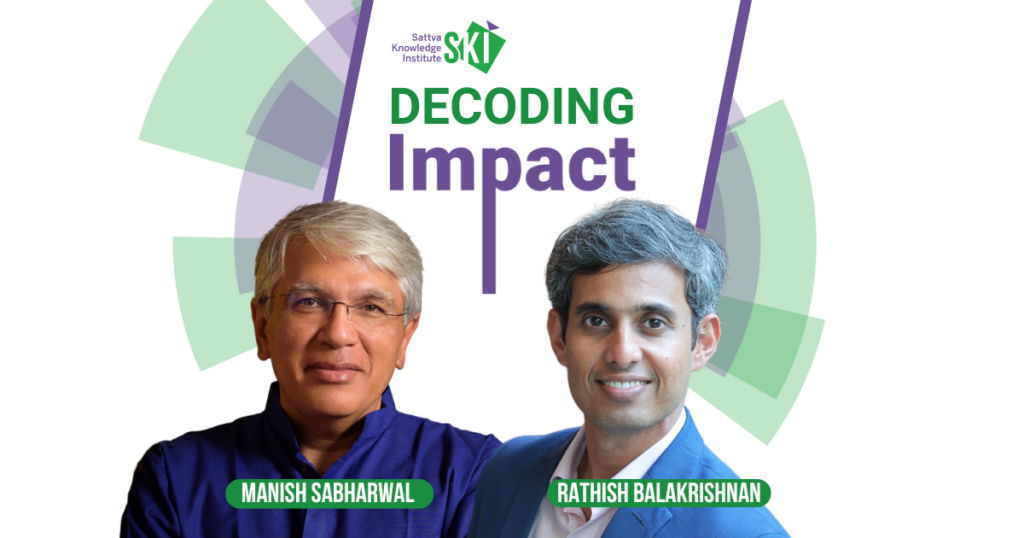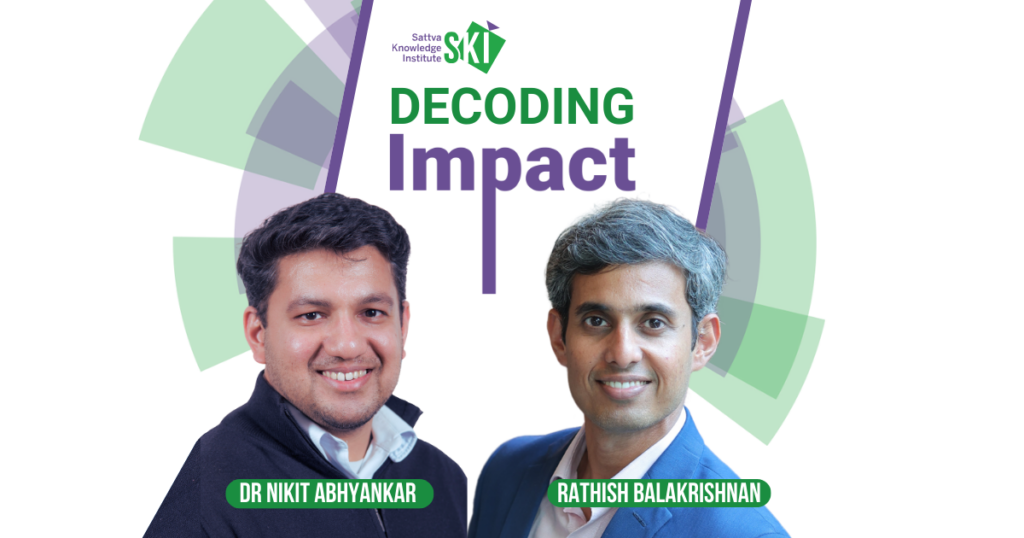Background
While various measures have been taken to transform India’s education landscape, significant challenges continue to plague the public education system such as the high student dropout rate at the secondary level (15%). Nearly 5 crore elementary school students are below the required level of foundational literacy and numeracy; only about 45% of Class 5 students studying in government schools can read Class 2 level textbooks. With the introduction of the National Education Policy 2020 and the development of edtech innovations, digitisation was recognised as a key lever to address the present challenges facing the Indian education system.
Overview of NDEAR
The government developed the National Digital Education Architecture (NDEAR), an architectural blueprint, that lays down a set of guiding principles and building blocks to enable the creation of digital technology-based applications pertaining to education.
Solution developers can leverage NDEAR’s building blocks, that is, a set of reusable digital resources (such as open source software and APIs) to build digital platforms and technologies for education. These building blocks are categorised as core (built and managed as public goods that enable interoperability among all building blocks), common (offered as options for ecosystem to build alternative versions) and reference building blocks (accelerators offering only source code to be leveraged for rapidly building services). NDEAR’s architectural principles also guide the development and operation of building blocks and digital solutions to ensure transparency, scalability and interoperability among the technologies developed. Under the NDEAR framework, a range of digital tools and technologies have been proposed or implemented. These not only aim to enhance students’ learning, but also enable creation of efficient management systems for educational institutions, capacity building of teachers, and effective monitoring of students’ progress.
Use Cases
NDEAR has the potential to enhance students’ learning experience by providing access to diverse study material including textbooks, videos and animations, made available digitally in English and various regional languages. It also speeds up the admission process for students by introducing a digital learning passbook, wherein educational credentials can be shared between institutions by providing consent on a click, negating the need for physical paperwork.
Digital tools improve teachers’ productivity with respect to their teaching and administrative responsibilities. Digital solutions such as the Saral app save instructor time on checking, recording and assessing students’ marks and learning levels. Additionally, NDEAR enables schools to digitally store institutional records (including data on attendance, dropouts and assessment), facilitating easier sharing of required data with government administration.
Governance and Implementation
The Ministry of Education has set up a Programme Management Unit for the immediate roll-out of NDEAR. Moving ahead, though, an autonomous body, the National Educational Technology Forum, is likely to be established to facilitate capacity building in education technology, and set standards for the content and pedagogy for digital education.
Challenges
While NDEAR appears, in principle, to solve some pressing challenges plaguing the education system, effective implementation is necessary for realising its full potential. Impediments to this include low internet penetration, sporadic digital infrastructure in rural areas, and low digital literacy among learners. Further, given that education is a state subject, the implementation of NDEAR across the country could be non-uniform.
Authors: Shreyanka Chandel, Arnab Mukherjee, and Abhishek Modi




